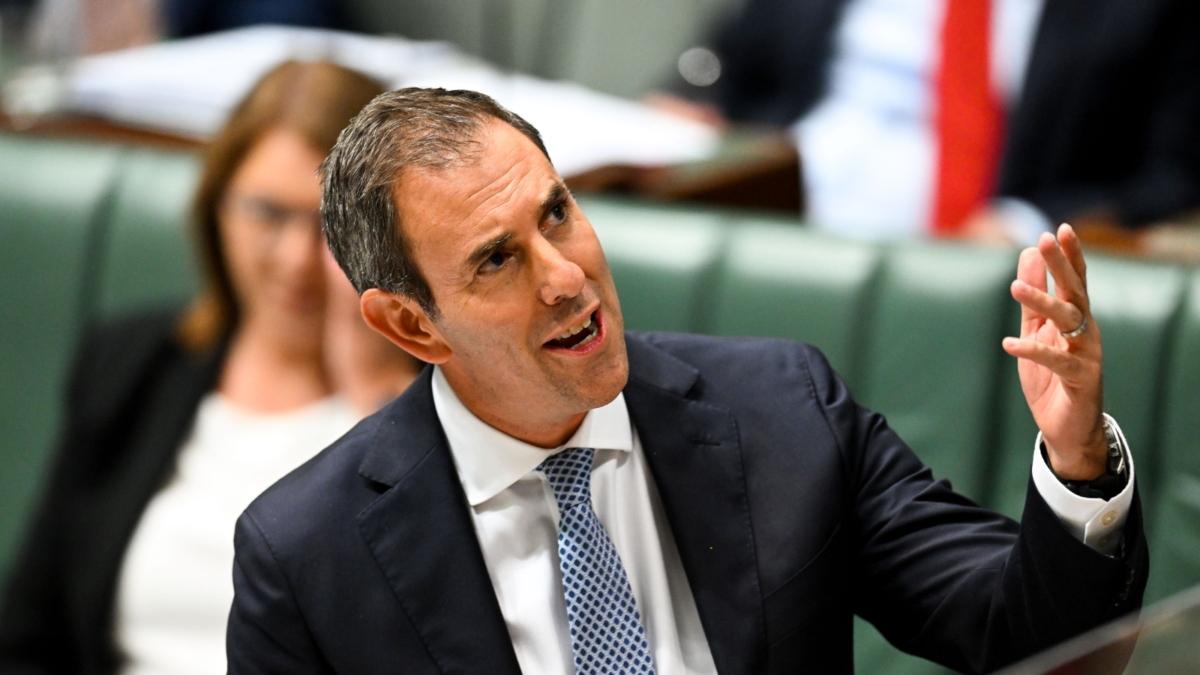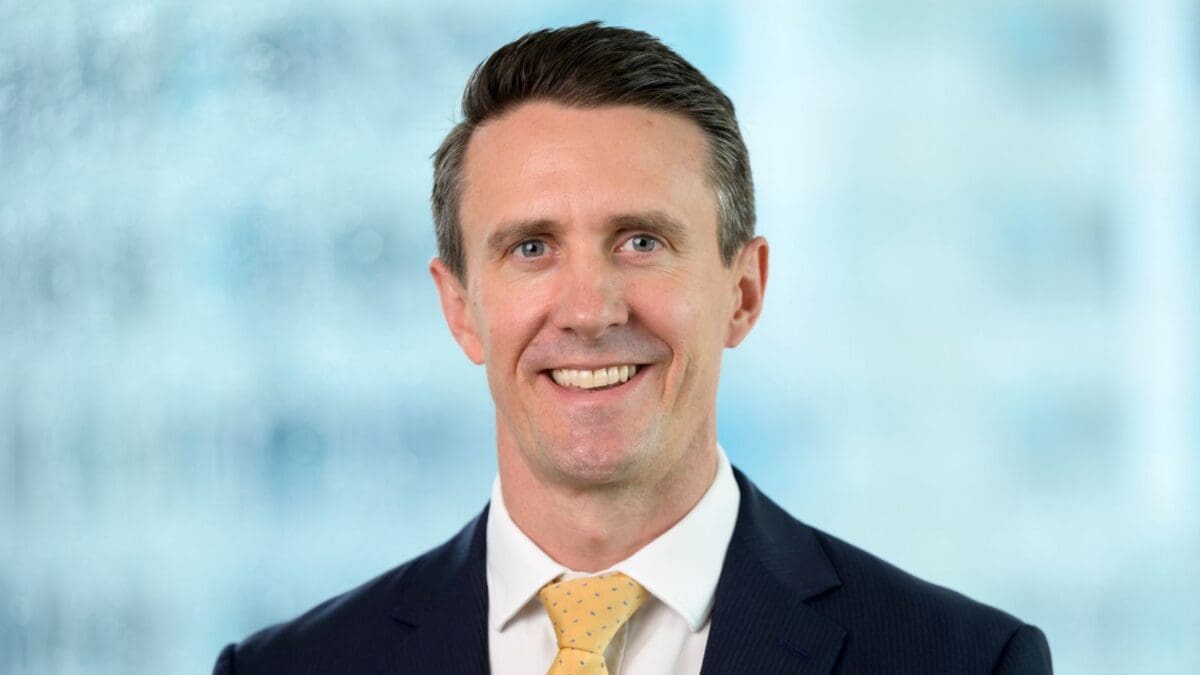Front-to-back outsourcing transforms funds management
The major asset servicing firms are widening their field of vision and have, for the most part, become front-to-back-office providers, as middle-office outsourcing becomes ubiquitous for big investors and managers.
It is a development which has taken place concurrently with tightening revenue streams among asset managers, which are often under the same ownership umbrella as the asset servicing firms and custodian banks.
In the past month, for instance, one of the leaders in promoting the benefits of outsourced middle-office functions, Northern Trust, has announced two deals which strengthen what it calls its ‘Whole Office’ platform.
Early in February Northern Trust announced it had entered an alliance with IHS Markit, to integrate its ‘thinkFolio’ order management system with the Northern Trust middle-office platform. Then, the following week, it announced an equity investment in front-office system provider Equity Data Science (EDS), which will allow its cloud-based analytics platform to also be integrated into the Northern Trust Whole Office platform.
According to Pete Cherecwich, Northern’s Chicago-based president of corporate and institutional services: “We want to be able to offer everything of interest to investment managers.”
Northern Trust has an open-architecture attitude to the Whole Office platform, seeking out fintechs through alliances or equity participation to enhance the conversations it can have with clients.
“That’s the new battleground,” Cherecwich says. “It’s how we can talk to everyone involved in the processes… We’re not saying that they need to do everything with us. We have an open platform where we can plug in fintechs who can be helpful. ‘Optionality’ is my favourite word with the team. Sometimes we build it, sometimes we’re a re-seller.”
In the specialist front-office segment of the market, Northern Trust has alliances with both of what are possibly the leading providers, BlackRock’s Aladdin and Bloomberg AIM’s data and analytics. The Bloomberg deal was announced in March 2019 and the BlackRock deal, through Aladdin ‘Provider’ in May 2020.
Coincidentally, the two most recent deals – with thinkFolio and EDS – followed news of Northern’s latest middle-office client in Australia, the global asset manager First Sentier Investors (formerly Colonial First State Global Asset Management), which was announced early January.
Meanwhile, the other majors have similar expansion strategies underway, having started to encroach on the former workloads of inhouse middle-office staff going back perhaps 20 years. State Street has increasingly boasted of its new capabilities since it acquired Charles River Development, an established global front-office provider, in 2018, and the launch its ‘State Street Alpha’ platform, which connects back, middle and front offices. ‘Alpha’ is also open architecture.
BNY Mellon, which has slimmed down its Australian presence since its relationship with NAB Asset Servicing was terminated in 2015, has its OMNI back-to-front platform. The others in the space in Australia are all on a similar path.
For State Street, the middle office is a key part of the Alpha platform but what makes it more interesting is the front office bit. John Plansky, Boston-based global head of State Street Alpha, believes the ownership of Charles River, which Plansky also oversees, gives the firm an inherent advantage because it means State Street can engineer required solutions where necessary. “We think it’s a flat-out better solution than a partnership,” he says.

Plansky joined State Street in early 2017 after several years as a senior partner of the big management consultancy Booz & Co (now a part of PwC. By May 2017, he was presenting to the board the notion of a front-to-back platform and suggested the firm look at buying Charles River.
After paying US$2.6 billion – “that’s a big number and a big commitment”, he says – State Street has pumped another $80 million-or-so into Charles River, which includes the recruitment another 400 people to make a total staff of about 1,200 globally.
It makes State Street the largest provider of middle-office outsourcing, the first or second largest custodian (neck and neck with Bank of New York) and among the largest FX and securities lending players globally.
The front-to-back platform did not have a name prior to the Charles River purchase but it would be hard to beat ‘Alpha’ to attract the attention of front-office investment managers. Plansky, like Cherecwich, believes that a different group of people gets involved in front-to-back outsourcing; no longer only the heads of investment operations and chief technology officers.
“It’s amazing how the relationships changed with our clients when we spelled out to them what we were doing,” Plansky says. “Until we were in the front office with them, they didn’t really understand it… When you marry it all up with outsourcing and bring in the CEO and CFO and COO, you have a different conversation, which is really strategic.”
He believes the relationships are also stronger than the traditional relationships that managers and asset owners already have with their software vendors, custodians and trust companies.
Notwithstanding its ownership of Charles River, State Street continues to be keen on more alliances in the spirit of its open architecture model. Recent additions to its front-office relationships include MSCI for risk analytics and Axioma (itself a partnership with Deutsche Boerse’s DAX and STOXX). State Street Alpha, including Charles River, has about 150 relationships with external providers, Plansky says.
The latest, to come online this year, is its ‘native cloud’ partnership with Microsoft Azure and Snowflake Cloud Services for data warehousing. “We recognised the importance of the data platform and the importance of the cloud,” Plansky says.
Alpha’s three main focus points for the immediate future are:
- providing software and services which support private assets management – with an additional strategic partnership to be announced soon and a growth plan for servicing the administration business for private markets investing
- helping the many asset managers which are broadening their reach in the wholesale and retail markets, capitalising on State Street’s pedigree handling the demands of US mutual funds, and
- building out the best multi-asset class servicing for all public assets, “which is really business as usual developments for us,” Plansky says.
Taking a step back to look at the investment management value chain, the expansion of asset servicing firms goes way past the provision of core custody and backoffice processing to encompass middle office and, more recently, the front office, which have implications for the industry’s structure.
At its extreme, at least one big player, State Street, is understood to be considering a complete separation of asset servicing from asset management. While State Street has not publicly commented on the possibilities, it was reported in the US last December that the listed bank had appointed Goldman Sachs to advise on various unspecified strategies. This led to speculation about a divestment by the listed company of State Street Global Advisors or a new joint-venture arrangement.
State Street’s asset servicing division has performed relatively better than SSGA in recent years, partly because of stickier fee income but also because of the new services being offered under Alpha. But so, too, has that of Northern Trust, without any similar rumours ensuing. And BNY has praised the performance of OMNI, at least in North America.
Globally, asset managers and asset owners are constantly grappling with market volatility, shrinking margins, changing regulatory requirements and a fast-paced technology landscape. They are looking for a single platform which can bring together several business functions to help them manage the entire investment lifecycle, automate workflows and streamline operations in one place.
If asset management firms become more likely to be separated by ownership from current sister companies in asset servicing in the future, State Street can look no further than its latest big new client in Australia for guidance.
Perpetual Investments, part of one of Australia’s oldest financial institutions, Perpetual Trustees, sold its standalone asset servicing firm, Perpetual Fund Services, to Royal Bank of Canada in 2001, making way for RBC to set up shop in Sydney. RBC exited the Australasian market late in 2019, with Citi picking up most of the clients. But State Street won the big prize of Perpetual, which now has two asset management businesses in the US as well.
Northern Trust’s Cherecwich says that if you are in the asset management business and are under constant fee pressure, which happens in every industry, in order to maintain your margin you have to reduce costs.
“You can do that by reducing your workforce but it’s better to give some of the work to someone who has scale and can do a better job as well as save you a lot of money,” he says. “They [big fund managers] could all do the fund accounting themselves. Some could even become a bank and do the custody, but they’re not stupid – they know that’s not their core competency.”
And, he says that, in terms of the front office, what about trading? “We have about 80 clients around the world for the Northern Trust Integrated Trading Solutions,” he says, which was launched in Australia in 2019.
“Middle-office outsourcing started in the early 2000s as very much a costs play. Now, it’s a capability play too. All the custodians are out there building better tools… Everything you do yourself you have to manage.”
Asset servicing firms have long complained that many of their clients and potential clients would like more customisation of services but are not prepared to pay for the extra work required.
Cherecwich responds that “we have all learned our lessons as an industry”. He tells the story of one of his first new clients in asset servicing, which was using the old Portia backoffice system (now integrated into SS&C Technologies), who asked him whether he could replicate that reporting pack, which he declined to do.
“Now we have a better offering. We ask them what they want to use the extra reports for. We show ours and if they have a good reason for something different, we will develop it for them.”
But he believes that the asset servicing partner needs to bring the front office along for the journey. “Portfolio managers want to understand what they are getting.”











